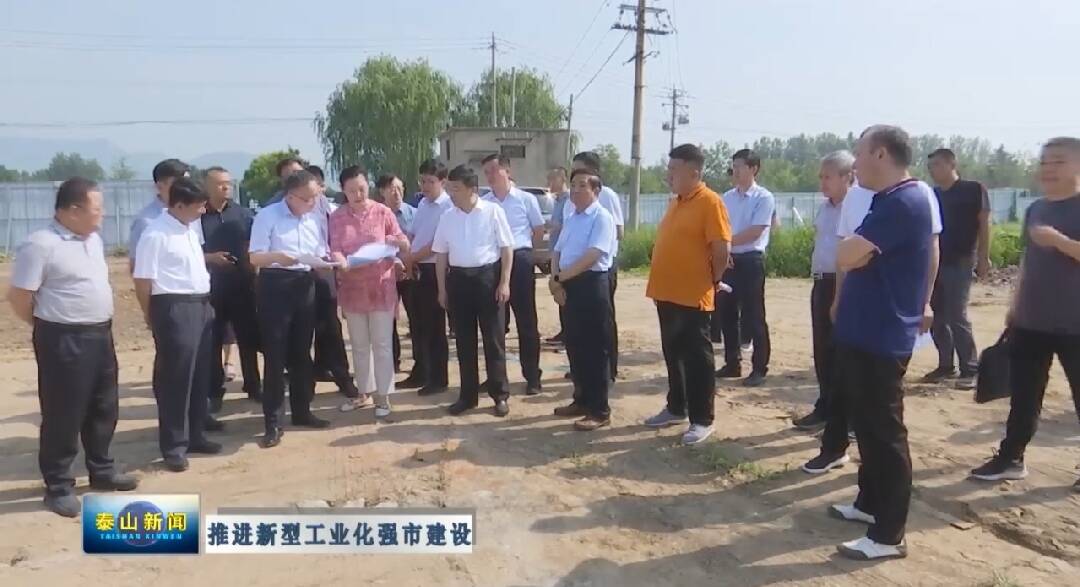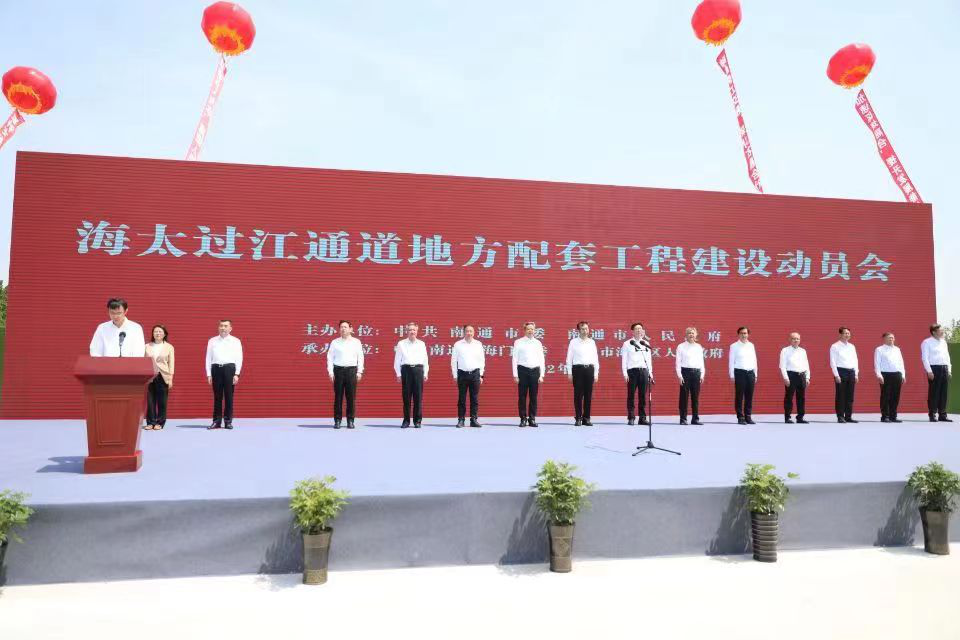Write news, don't "make the sunrise and sunset as the emergencies"
Author:Media Tea Club Time:2022.08.18
Source | Chinese Rong Media Cloud
Author | Liu Guochang
According to an article on Kunlun Cebang.com, at the American Aston Security Forum held on July 20, the Chinese ambassador to the United States Qin Gang told the Chinese position in English in English. The audience was full, and the reporter asked sharply, and Ambassador Qin answered more exciting. From time to time, the American listener applauded from time to time.
At the end of the article, I also wrote a small tidbby:
A small media reporter is even more funny. It is estimated that he did not do his homework. When he heard Ambassador Qin said that he hoped that Russia and Ukraine had stopped fire, he published a press: "Surgery: China calls on Russia and Ukraine to stop immediately." The first day China was calling for a ceasefire from the first day of the Russian conflict. Even our colleagues laughed at him, saying that the reporter "just reported the sunrise and sunset as a sudden report."
Although this incident happened to a media reporter abroad, the problems of exposure and reflection are worthy of our thoughts: how should we report the news better?
1. Why does this oolong appear?
Why does this oolong appear? The reason is simple: this reporter "did not do his homework", that is, the homework before the visit was not done or did not do well.
It is said that as a journalist who runs current political news, we should understand China's position on Russia and Ukraine's conflict. The first day China was calling for a ceasefire from the first day of the Russian conflict. It was also appallowed to make a title "Emergency: China calls on Russia and Ukraine to stop immediately"!
It can be seen how important it is to do your homework before the interview! If you do not do this homework well, you will make mistakes and oolong.
2. How to do your homework before the visit?
Doing a good job before visiting is actually an old topic. Mature reporters have always attached great importance to this issue and made them meticulous and in place.
What are the homework before the visit? There are roughly the following four aspects-
1. Get hard on "new".
The news is expensive. This "new" is reflected in two aspects: one is the new time and the other is the new content.
Time is new, this is easy to understand. Reporting the news that just happened, this reflects the new characteristics of time. People watch the news as "happy new and hate the old", the kind of vague words such as "recent", "recent", and "recent", it is best not to use it. Media Tea Society has discussed the "recent" reflection of the media in the media. Click the link to view. (Writing "A few days ago" misleading the public, I'm not afraid of not in the future?)
The label time must be marked with the specific time, such as "10 am on July 26" and so on.
New content is important. People watch the news about new content. Without new content, it will not be said to be news. In view of this, the reporter reported the news that it was necessary to think more about the content: Is this new? Have you reported it before? After verifying these carefully before writing the manuscript.
The root cause of the reporter mentioned above was the root cause of the oolong. "Sudden: China calls on Russia to stop immediately." He thought it was "new", but it was actually a big joke.
2. Read the materials carefully.
The reporter must first try to collect the relevant materials of the respondent and read it carefully. In reading, we must not only figure out the basic situation of the respondents (such as origin, family, experience, hobbies, specialties, etc.), but also sort out the main problems you need to understand from it to achieve your mind.
Looking at the materials, this is the first step in doing homework. A reporter of the People's Daily worked hard on the materials for an interview. He gave up on weekends and read more than 30,000 words and nearly 200 pages. He said that it was a bit tired, but after seeing these materials, he felt at ease.
Conversely, a reporter was negligible to read materials. When interviewed a great writer, he asked, "Which books have you published recently?" The great writer was very unhappy. He didn't talk about a few words and ended the interview.
This lesson should be learned.
3. "Line a team" carefully.
On the basis of looking at the materials and sorting the issues, list all the problems one by one, and line up in the order of "from simple to complex". This step is important.
First, the simple problem is ranked ahead, and the simple question will be cut in, so that the opening of the beginning will be smooth. If you ask a larger and complicated question from the beginning, one will not answer the other party, and the second will inevitably affect the following interviews.
4. Make multiple hands.
Generally speaking, the interview will not be very long, but sometimes there are some unexpected problems.
For example, sometimes the interviewees said "running the title": Sometimes when talking about the A problem, the problem of B and C. In this case, the reporter should be good at guiding the situation, leading the conversation to normal track, and avoiding deviating from the theme of the interview.
Pay attention to the heat and tone when guiding, and should not be too hard or rigid to avoid the emotional fluctuations of the respondents.
The homework of interviews is important and cannot be ignored. Only by doing this homework carefully can the interview be ensured smoothly.
Third, deal with the relationship between "grabbing news" and "accuracy".
Another reason for this reporter to make an oolong is that he did not handle the relationship between "grabbing news" and "accuracy". He only cares about "grabbing" and ignores the accuracy of the facts.
Pay attention to the timeliness of the news, which is right. But at the same time, pay attention to the accuracy and authenticity of the news. Without accurate, I would rather not send it or grabbing.
News is a report about the facts recently. To report the fact that this news is good, first of all, according to the real report, one, one, the other, the two, neither exaggeration nor shrinking. This is the essential requirements of news accuracy and authenticity. Don't think that this is a common talk. There have been many lessons in the press in this regard:
If some reporters write the names, positions, and titles wrong when writing a manuscript, the parties have great opinions;
If some reporters write about the fact that the facts are written in the facts, the results are written in and out, either exaggerated or narrowing, making the parties laugh;
If some reporters write the evaluation of the characters and events, they owe it to the inconsistency of writing, which will cause some people's controversy;
Native
Although the above problems are not interested in the reporter, the negative effects caused by them are very large, and some even complain reporters and lawsuits with the media. This requires us to pay attention.
At the same time, it is necessary to see that the reporter reported that the news was not as simple as looking in a mirror. If that's the case, it is easy to be a reporter. The reporter reported that the news should not only fully understand the facts and ensure its accuracy, but also have a deep understanding and grasp of the news. There is a consideration and analysis.
This consideration and analysis includes the understanding of the background, value, meaning and other factors of this news, including the angle, size, and the grasp of words during writing. Only by doing this can write the manuscripts well and write wonderful.
The article is authorized to reprint from the WeChat public account "Chinese Rong Media Cloud"
- END -
Zhou Pengfei investigated the new type of industrialized zone construction project on the spot

On the morning of July 9, Zhou Pengfei, deputy secretary of the district party com...
The river crossing channel has not been built, and the project follows the "Wanli Yangtze River First Tunnel" to open a new pattern of Haimen Development

In early July, Fuxia did not arrive, but the temperature was rarely approaching 39...